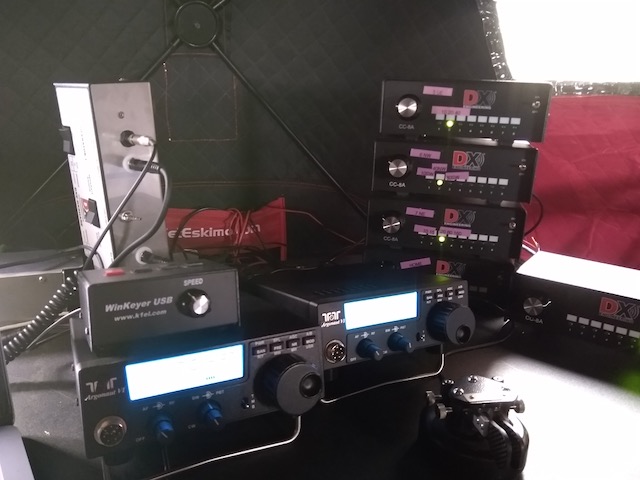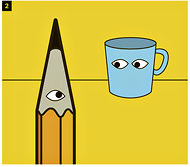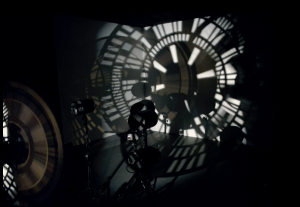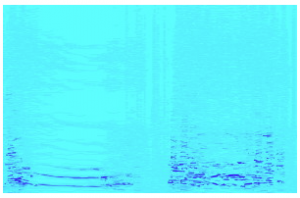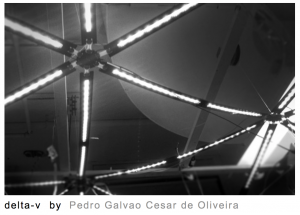From “Making Things See” by Greg Borenstein
The easiest way to keep up with the current research is to work on impossible projects. When I get to the edge of what I think is possible, and then go a little further, I discover research from people much smarter than myself who have been thinking about the same problem. The papers can be tough at first, but the more you read, the more you realize they’re just full of idiosyncrasies. For example, a lot of image processing papers like to talk about images as continuous when in practice you’re always dealing with discrete pixels. Or they’ll write huge double summations with lots of subscripts just to be super clear about what kind of blur they’re doing. Or they’ll use unfamiliar notation for talking about something simple like the distance between two points. As you relate more of these idiosyncrasies to the operations you’re already familiar with, the papers become less opaque.
Artists regularly take advantage of current research in order to solve technical problems that come up in the creation of their work. But I feel that it’s also important to engage the research on its own terms: try implementing their ideas, tweaking their work, understanding their perspective. It’s a kind of political involvement, and it’s not for everyone. But if you don’t address the algorithms and ideas directly, your work will be governed by their creators’ intentions.
